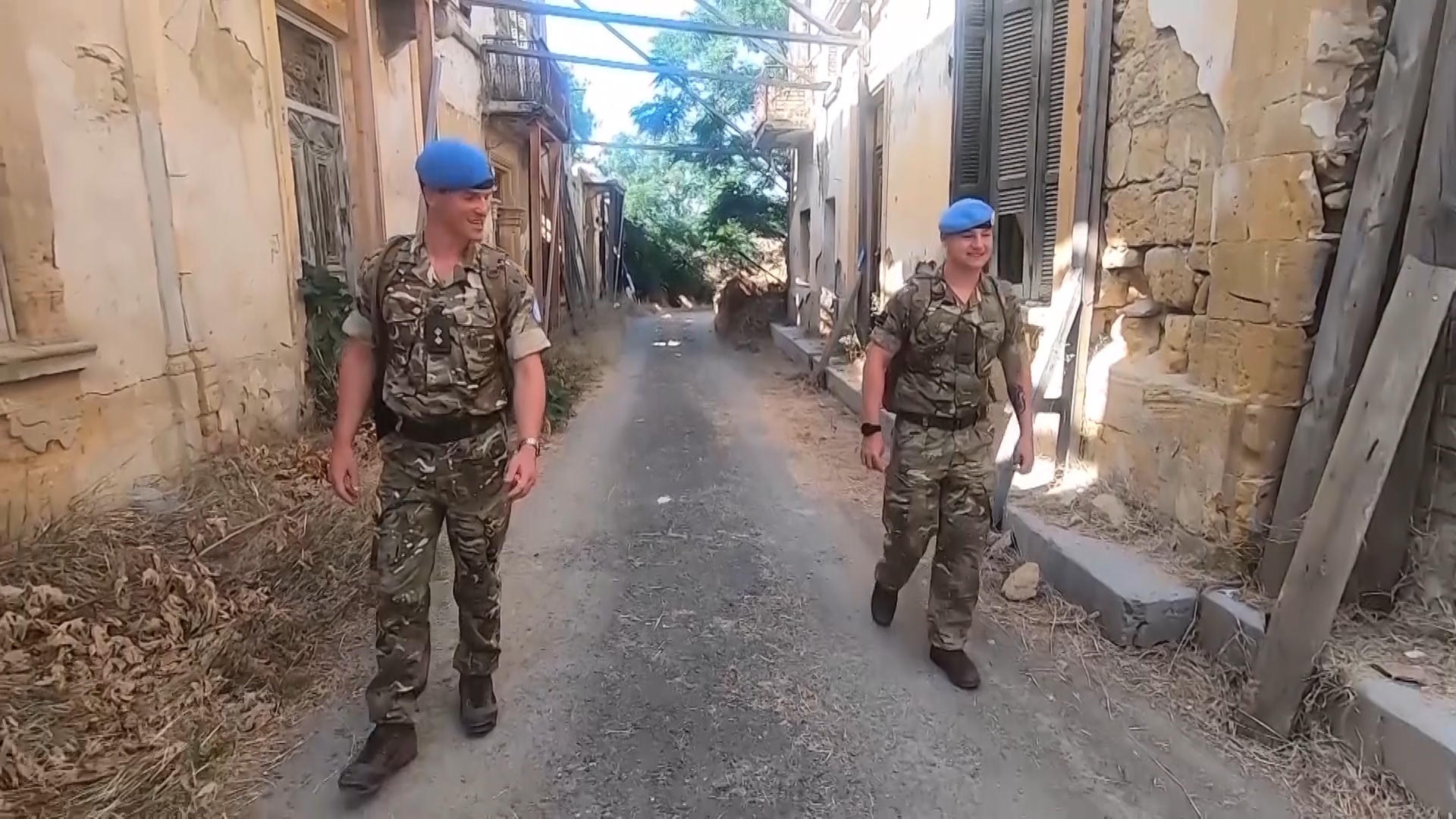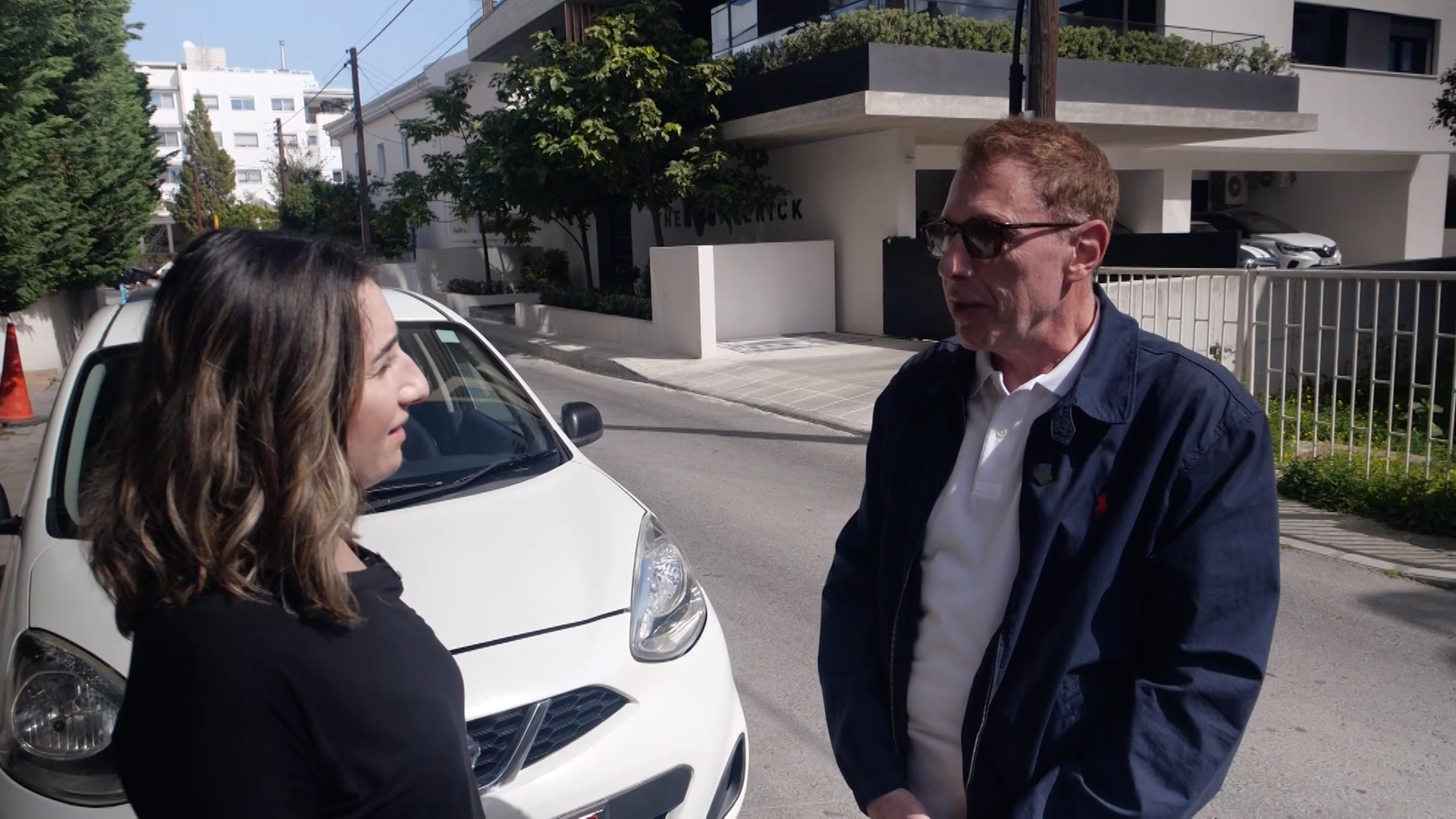UN marks unwanted milestone of 60-year peacekeeping mission in divided Cyprus
In the shadow of the once-glamorous Ledra Palace Hotel, which lies on Cyprus's dividing Buffer Zone, a memorial has been unveiled to mark 60 years of UN peacekeeping on the island.
It was called an "unwelcome milestone" by UNFICYP's Chief of Staff, Colonel Ben Ramsay, who said: "I would hope that there aren't another 60 years of UNFICYP."
Speaking to Forces News, he said that it was too long for a peacekeeping force to endure, with the absence of war not meaning that there is peace.
Cyprus gained its independence from the UK in 1960 but in December 1963 fighting broke out between the Greek Cypriots and the Turkish Cypriots.
After all attempts to restore peace failed, the UN Security Council unanimously adopted resolution 186 (1964), which recommended the establishment of UNFICYP – the United Nations Peacekeeping Force in Cyprus.

Sixty years on from its creation, Col Ramsay said: "I hope that we see an end to UNFICYP because, ultimately, we see a resolution to this conflict as soon as possible.
"It's not the UN or it's certainly not UNFICYP's responsibility to create peace – our responsibility is to maintain peace."
He said it was the politicians on either side and their communities to make peace and give hope.
With a personal envoy of the Secretary-General exploring the potential for restarting a peace deal, he hopes it might happen soon.
The peacekeeping mission here is one of the longest in UN history, involving 150,000 personnel, 72,500 of those being British troops.
Greek Cypriot Nick Cacoyannis, father of Forces News reporter Sofie Cacoyannis, was a young boy living in Limassol in the 1960s.
He described the UN soldiers deployed to the country as a reassuring sight, saying: "When you did see UN soldiers, you felt kind of safer."
With the worry of what was to come so great, the family left Cyprus in 1966 when he was 12 years old.

Reflecting on his youth, Nick said: "We all lived together with the Turkish Cypriots, there was no animosity, then due to the political situation, things started happening.
"You would hear from the radio, we didn't have TV then, that there were fights between Greek and Turkish Cypriots and it was getting worse and worse.
"We had to build trenches with steps going down, so if there was any bombing, people would be safer."
When this UN mission began in 1964, it was hoped it was to be a temporary solution.
Sixty years on, Nicosia is the world's last divided capital city and soon to be home to a generation that doesn't know any different.









